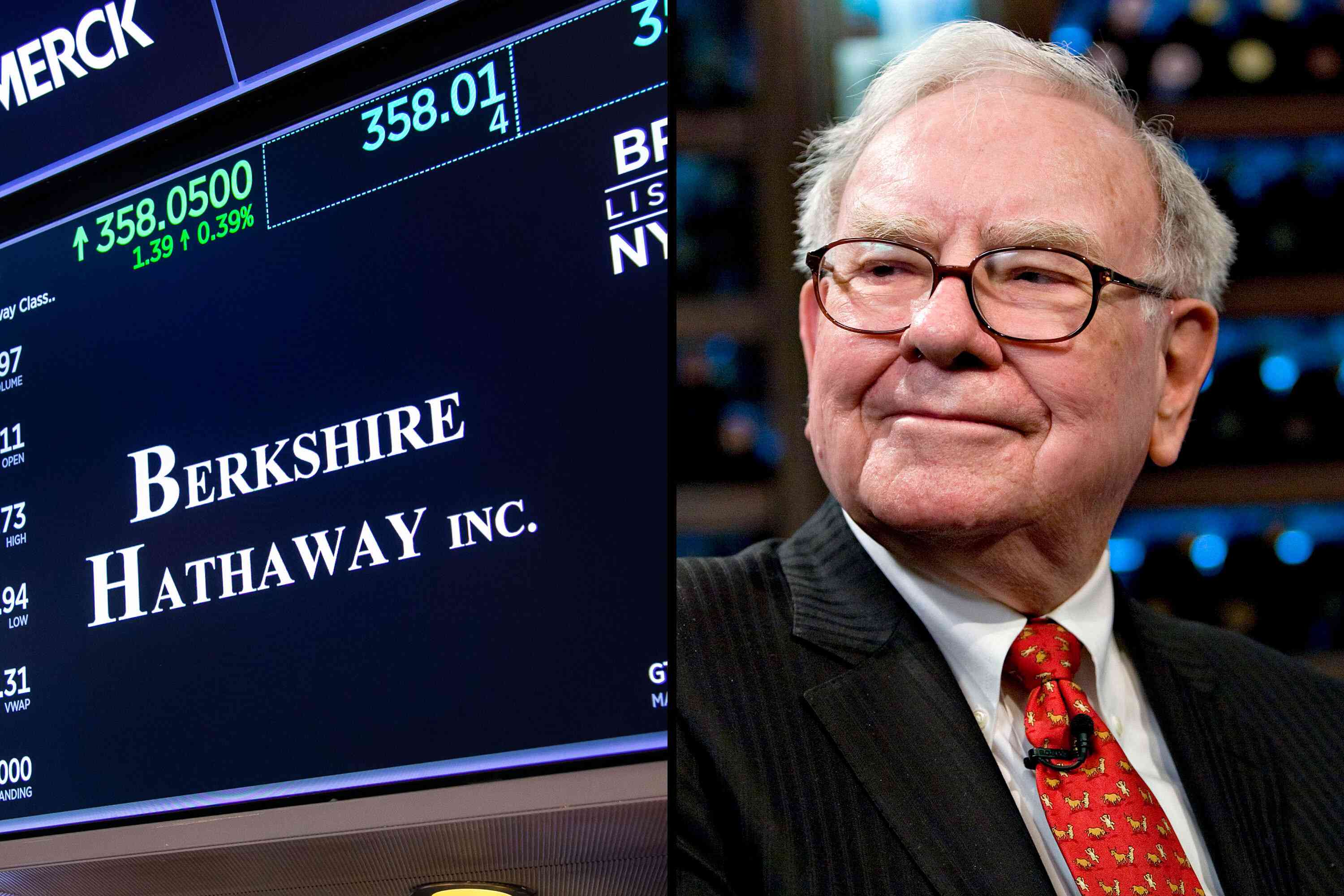
Key Takeaways
- Berkshire Hathaway’s annual shareholder meeting takes place on Saturday.
- Notably, the meeting will be led by Berkshire head Warren Buffett without Vice Chairman Charlie Munger, who died late last year.
- Greg Abel, who runs Berkshire’s non-insurance business, is likely to follow Buffett as the CEO but investors will watch out for any succession-related announcements.
- Berkshire’s first-quarter earnings, expected earlier that day, will put the company’s operating earnings and commentary about business outlook in focus.
Warren Buffett, the legendary Oracle of Omaha, will lead the annual meeting of Berkshire Hathaway ( BRK.A , BRK.B ) on Saturday.
It’s the first such event after the death of Buffett’s long-time business partner Charlie Munger, which will put Vice Chairmen Greg Abel and Ajit Jain in the spotlight, with investors looking for details about succession planning and ways the company may be preparing for life after its two most successful leaders.
Berkshire Without Munger
Undoubtedly, one of the biggest shifts for Berkshire since last year’s annual meeting is the loss of Charlie Munger . Munger, who was Buffett’s right-hand man and vice chairman of Berkshire for several decades, died last November at the age of 99.
Buffett has credited Munger as the “architect of Berkshire” for developing the company’s strategy of buying up “wonderful businesses purchased at fair prices and [giving] up buying fair businesses at wonderful prices.”
At the annual meeting, investors are likely to feel Munger’s absence. In the past, he and Buffett would regularly answer several hours of investor questions at these events.
Still, the 2020 annual meeting, held virtually and without Munger in attendance, means there is precedent for what Berkshire shareholders’ annual pilgrimage may look like with only Buffett on stage.
“It particularly doesn’t feel like an annual meeting because my partner of 60 years, Charlie Munger, is not sitting up here,” Buffett had said at that time, adding that most people in attendance “really come to listen to Charlie.”
Spotlight on Succession
In light of Munger’s passing and Buffett’s own age of 93, investors will seek more details about Berkshire’s succession plans at the annual meeting.
Abel and Jain became vice chairmen of the company in 2018, leading the non-insurance and insurance businesses, respectively, and have taken on a larger, more public role over the past few years. At the 2021 annual meeting, an offhand remark by Munger suggested Abel as Buffett’s successor at the helm of the company. Buffett confirmed that notion to CNBC later that day.
“The directors are in agreement that if something were to happen to me tonight, it would be Greg who’d take over tomorrow morning,” Buffett told CNBC.
And it’s not only about the next person in the corner office. Buffett and Munger were known not just for their business savvy but their partnership. With a company as broad, diversified, and decentralized as Berkshire, it will be interesting to see how the next generation of leaders will live up to the legacy of that camaraderie.
“There is no question that the relationship Warren has with Charlie is unique and it’s not going to be duplicated,” Jain said at the 2021 meeting, according to Reuters . “We don’t interact with each other as often as Warren and Charlie do. But every quarter we will talk to each other about our respective businesses.”
Earnings and Business Outlook
Berkshire is expected to report its first-quarter earnings a few hours prior to its annual meeting. All eyes will be on the company’s cash pile, which has swelled to record levels over the past few quarters.
Warren Buffett doesn’t believe in net income as a metric for the company’s profitability, something he reiterated in his February annual letter to shareholders. He cited the example of how Berkshire swung to a loss in 2022 compared with the prior year in terms of net income on account of unrealized trading losses. On the other hand, operating earnings (excluding unrealized capital gains or losses) show a more steady progression of growth in the last three years.
Perhaps more important than the numbers is commentary on business outlook. Buffett’s last missive to shareholders painted the picture of a steady behemoth, but one that is unlikely to grow fast.
“All in all, we have no possibility of eye-popping performance ,” Buffett wrote, lamenting the lack of investment opportunities for Berkshire that fit its criteria of companies that are capable of generating high future returns, are run by trustworthy managers, and are attractively priced.
Mystery Stock, Apple, and Bets in Japan
While investors eagerly await Berkshire’s Form 13-F detailing any changes to its portfolio for the first quarter, they will be on the lookout for any indications about how Buffett is thinking about Berkshire’s investments. The deadline for Form 13-F filings for the first quarter is May 15.
One of the biggest questions has been the mystery stock that the company acquired sometime late last year but has requested the U.S. Securities and Exchange Commission (SEC) for permission to keep confidential.
Berkshire trimmed its position in Apple ( AAPL ), Paramount Global ( PARA ), and HP ( HPQ ) while buying more shares in Chevron ( CVX ), Occidental Petroleum ( OXY ), and Sirius XM Holdings ( SIRI ) as of December 2023. Others, such as Coca-Cola ( KO ) and American Express ( AXP ), are likely to remain staples within the portfolio.
However, Buffett’s big bet on Japan via a 9% investment in each of five Japanese conglomerates called trading houses—Itochu, Marubeni, Mitsubishi, Mitsui, and Sumitomo—may come under pressure in the near term. Analysts expect lower first-quarter earnings for most of those firms due to weaker commodity prices, with some projecting the pain to last longer, Nikkei Asia reported.

